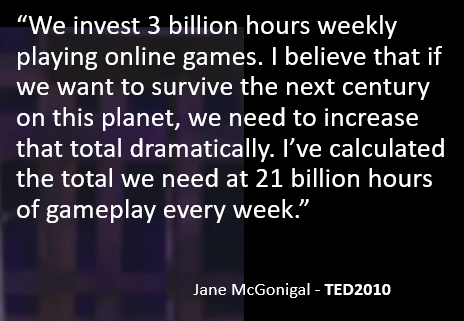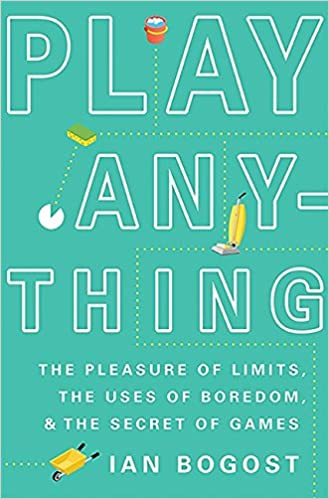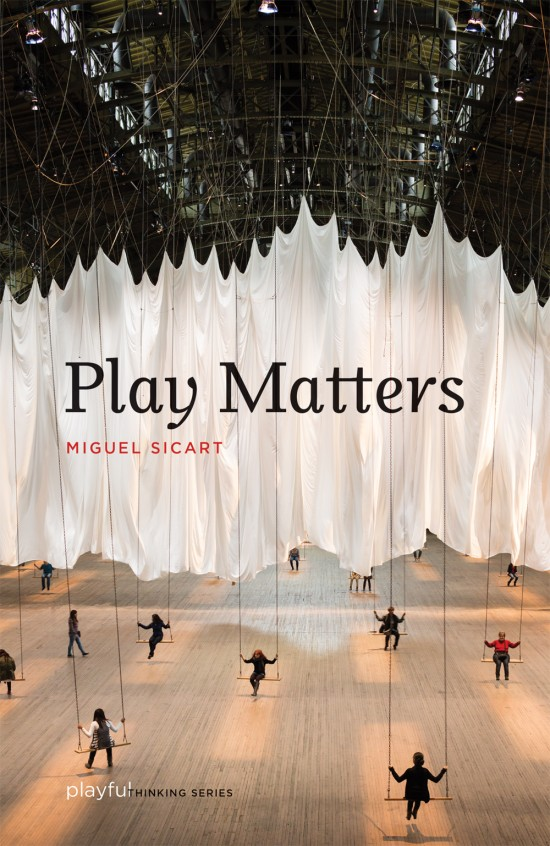I have to do a talk about the obstacles facing game narrative designers and I think one of the challenges we face is the instrumentalising of games as part of 30+ years of culture wars.
Probably get in trouble for saying this but: sometimes I'm kind of sick of it. Sometimes I wish I *could* just makes games in a vacuum.
I say this as someone who (rather hypocritically - or perhaps this explains my fatigue) has been directly involved in some of these wars.
Being part of a marginalised group in games - especially whose trad societal role is to be "God's police" (morality enforcers) & as someone working in indie games, I'm conscious of the fact that my work, views and behaviour is supposed to be exemplary and unimpeachable - or else.
It's made clear to us that our games must not do harm - be it from the effects of video game violence, or from harmful representation, or with gaming addiction. Or by just not being artistic/culturally impactful enough, thereby betraying our sacred quest for cultural legitimacy.
These pressures are subtle, and have long been implicit - if not explicitly communicated.
I don't doubt that there are similar pressures on workers in other media, so maybe there's no escape. But I wonder if their work is as frequently politicised (ironically, often by being consciously depoliticised), instrumentalised, infantalised, blamed, constrained and censored.
And then we have legacy cultural assumptions and expectations to contend with. Mature, adult themes that people are comfortable seeing on film and TV raise eyebrows when seen within the context of games and must be handled with care or confined to certain genres.
We are reminded of the - like it or not - educative role games have. Ideally, player characters must model good behaviour (because are they not heroes?) If possible, games should have a social impact and literally save the world.
Education, social impact... but what about escapism? Even the escapism of games is now instrumentalised: its function is therapeutic, offering a wholesome salve for the trauma of our lives. What is the therapeutic value of your game?
We are to consider non-violent, low-conflict game mechanics no longer so much for ideological or child-safeguarding reasons, but increasingly towards servicing a therapeutic agenda.
Games are inescapably framed as mood-altering and psychoactive: in a bad way (addiction, inducing violent behaviour) or in a good way (soothing, relaxing, stimulating).
And so in games there is implicit pressure to consider the effects of your work on its audience. Not just the feelings, reactions or thoughts; the *effects*.
The therapeutic, wholesome *goodness* of play, we are told, should be introduced into other aspects of our lives, which we must approach with a "playful mindset". For play is "a way of being". (Not even talking about the prescriptions of gamification vulgarians here; see below)
What is your value as a game creator? Are you diminishing quality of life or enhancing it? Can it be measured somehow? Do you subconsciously feel the weight of this moral imperative and can *that* be measured?
Even our (often self-conscious) efforts to win high-culture legitimacy as "Art" has us instrumentalising our work for a higher purpose, ironically undermining conventional notions of what it means to be an "artist" who "goes wherever the muse takes them" etc.
So with all this context, I think there's little hope of "writing with the door closed" as a narrative designer in games.
(Not sure what an appropriate analogy would be, but if you're looking for one may I suggest using the "public" tag/keyword on your favourite porn site.)
(Not sure what an appropriate analogy would be, but if you're looking for one may I suggest using the "public" tag/keyword on your favourite porn site.)

 Read on Twitter
Read on Twitter




